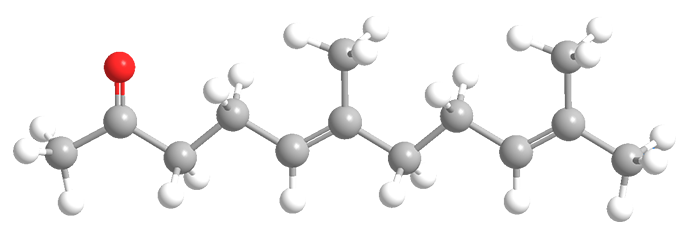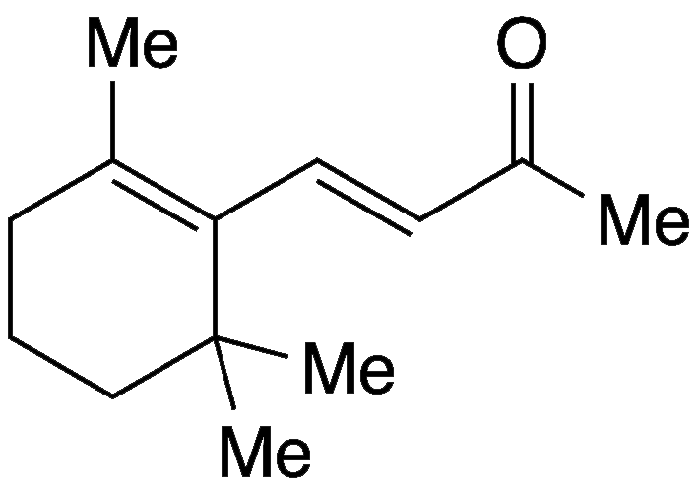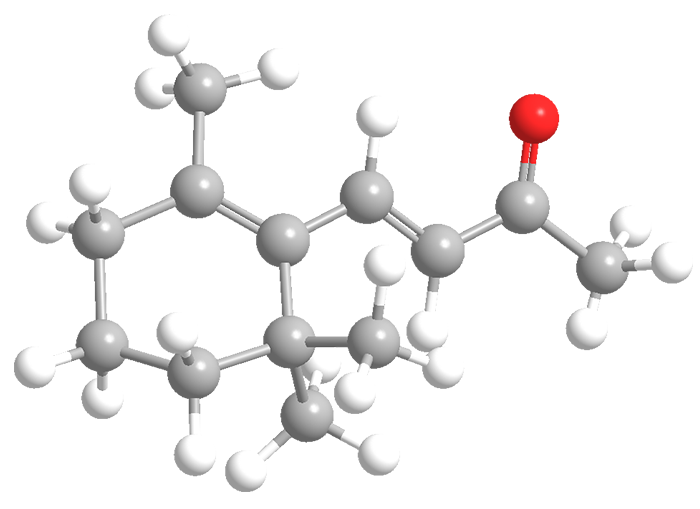



Why do fresh home-grown tomatoes taste so much better than store-bought ones? The answer lies in a genetic modification that was introduced into commercial tomatoes to give them a longer shelf life. The downside of this mutation is that it reduces flavor and sugar development in the fruit.
Researchers in several nations led by Harry Klee at the University of Florida (Gainesville) and Sanwen Huang at the Chinese Academy of Agricultural Sciences (Beijing) determined how to modify mass-produced tomatoes to restore desirable flavor components. The research team’s goal was to tell breeders which biochemicals are lacking in their tomatoes and to show them the markers they need to breed back in.
Based on the results of a human taste panel study, they identified 13 flavor molecules that are deficient in supermarket tomatoes. Two of the desired flavoring agents, geranylacetone (upper images) and β-ionone (lower images), contribute “leafy” and “floral” flavors, respectively. The researchers then identified the regions of the tomato genome that are responsible for producing the 13 components.
Commenting on this study, James Giovannoni at the US Department of Agriculture said, “I don’t know if it’s possible to make a supermarket tomato that tastes exactly like it was grown in your own garden, but I have no doubt that this work can help breeders make supermarket tomatoes a lot better than they are now.”

Learn more about this molecule from CAS, the most authoritative and comprehensive source for chemical information.
Molecule of the Week needs your suggestions!
If your favorite molecule is not in our archive, please send us a message. The molecule can be notable for its current or historical importance or for any quirky reason. Thank you!
Stay Ahead of the Chemistry Curve
Learn how ACS can help you stay ahead in the world of chemistry.

